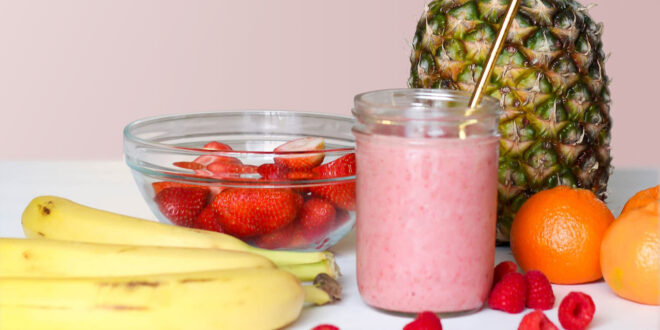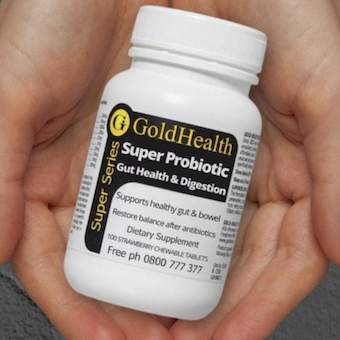Getting your head around ‘Prebiotics,’ ‘Probiotics,’ and how they foster your health.
‘Prebiotics’ and ‘probiotics’ – they’re words we’re hearing a lot these days, in the world of health, and for good reason. Just what do they mean, how do they differ, and why is it important we become familiar with them? Read on, because once you know, you’ll be in a better position to help yourself be as healthy as possible, through the simple art of eating!
Prebiotic and probiotics may be relatively new terms to many of us, but what they describe, isn’t. Both of these important ‘P’s’ are connected with gut health, and have an important part to play in supporting the estimated 10-100 million microbial cells residing in our intestine (including the colon). These microbes in our gut play an important part in promoting our general health, yet we don’t all possess the diversity or the sheer number of them in our intestine, we need to. This can be for a number of reasons, but one of them is to do with what we’re eating. Which is where pre- and probiotics come into the picture.
‘Probiotics’ refers to the live microorganisms existing in our gut. They interact with various foods we eat; digesting it, and fermenting it, into nutrients which our body can use to keep us healthy. While many probiotics naturally live inside us, they can also be ‘added’ to our systems when we consume foods containing microorganisms – foods such as yogurt, kefir, and unpasteurised pickles such as sauerkraut and kimchi.
If you’re wondering why these microbes aren’t killed off by our stomach acid, you’re not the only one. It turns out microorganisms have evolved, over time, to survive the harsh stomach conditions we throw at them. Some have a protective coating, some rely on protection from the food they are living in, and some are just naturally resistant. There are also just so many of these tiny organisms, a certain proportion get through unscathed, regardless, especially as they don’t reside in the stomach for very long. Rather, they are just ‘passing through’ on their way to the colon.
Prebiotics are completely different to probiotics (in fact, in terms of layperson understanding, it may well be better for everyone if they were renamed!). Prebiotics are not living organisms, as probiotics are. They are a food source for the microorganisms in our gut, acting as a fuel for them in the same way the food we eat acts as an energy source for us. The more we know how to feed our ‘good’ probiotics (our helpful microorganisms), the more they will be able to help us avoid digestive issues such as bloating, gas, irregular bowel movements, and a range of health issues linked to immune deficiency, inflammation, and potentially, weight management.
Prebiotics favoured by probiotics include a wide range of vegetables and fruit, whole grains, and pulses. Where you are less likely to find them, is in processed and pasteurised foods. You may already be consuming the probiotics you need, especially if you enjoy whole foods such as porridge oats, natural yoghurt, banana on whole grain toast, avocado, and baked beans. But if you find it challenging to eat the necessary range of foods, you may, on the advice of your medical professional, choose to take prebiotic supplements.
Prebiotic supplements can be a reassuring addition to your daily diet, providing a boost to your gut health when it is most needed. You can also double the reassurance (again, on the advice of your health professional) by adding probiotic supplements into the equation. Both prebiotic and probiotic supplements are available through health stores, and online, like GoldHealth.
Taking care of your gut health is one of a range of tools which, along with regular health checks, medical advice, appropriate exercise, adequate sleep, social engagement, and wise eating, go together to help you maintain the best levels of health you can!










Join the Discussion
Type out your comment here:
You must be logged in to post a comment.